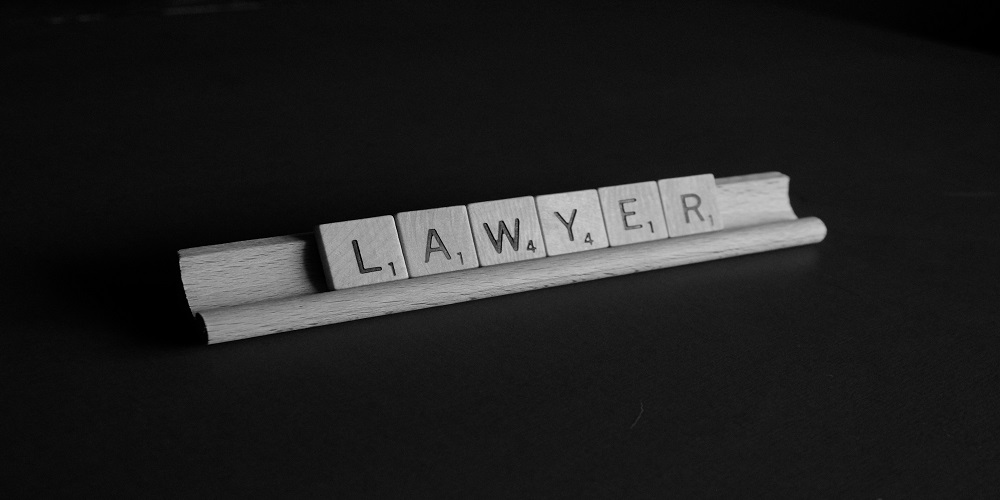Diving into the legal world sometimes feels like cracking a secret code. But this one term keeps popping up in criminal defence chats: the statute of limitations. This piece is your go-to guide on the statute of limitations. So, if you ever find yourself tangled in some legal tussle and need a hand from those legal specialists in London, you’ll have your bases covered.

Definition of the statute of limitation
The statute of limitations is a timer on how long folks must start a legal fight after a disagreement. At its heart, the statute of limitations is like a ticking clock or a flipping hourglass. It sets out how much time you’ve got to get the legal ball rolling after something goes down. It’s a countdown timer. If you are in a sticky situation or disagreement, this law’s your go-to for knowing when to make your legal move.
No Universal Statute
No blanket time limit in criminal law stops the police from charging someone with any crime once a certain period has elapsed. It has no rule that says, “Hey, after X years, you can’t charge this person for anything; it’s a bit more nuanced than that.
Summary Conviction Prosecution
The Criminal Code creates a limitation period. It currently limits the initiation of a summary conviction prosecution. This is if more than 12 months have elapsed since the alleged offence date. Let’s get a bit technical but in a fun way. Picture the Criminal Code as a hefty cookbook. Now, within it, there’s a section that says if you’re dealing with a summary conviction (a less severe charge, by the way), you’ve got 12 months since the day of the alleged misdemeanour to stir the pot. Wait too long, and well, that dish can’t be served.
Variety of Limitation Periods
Different offences may have different limitation periods. For example, a six-month limitation period in Alberta applies to violations under the Provincial Offences Procedure Act. Other offences have individual timelines. For instance, if you’re diving into Alberta’s Provincial Offences Procedure Act, there’s a six-month timer for certain crimes. So, always check the regional clock!
Protection for Defendants
Why even have a statute of limitations? Well, it’s a protective shield for defendants. As time goes by, evidence can get lost in the shuffle, memories might fade, and getting a fair trial could be like finding a needle in a haystack. This rule ensures that everyone gets a fair shake at justice.
Exceptions
Like any good story, there are exceptions. While many offences come with their ticking clocks, some heinous crimes stand outside time’s grasp. Think about crimes against of humanity, like war crimes, genocide, or other crimes against humanity. International law has a firm stance here: no statute of limitations applies.
Conclusion
The statute of limitations isn’t just some legal jargon. It is at the heart of ensuring justice isn’t dragging its heels. It provides that justice doesn’t dawdle but is fairly timely. Understanding this principle is crucial whether you’re navigating the legal waters or simply curious. After all, in the world of law, timing is everything!

